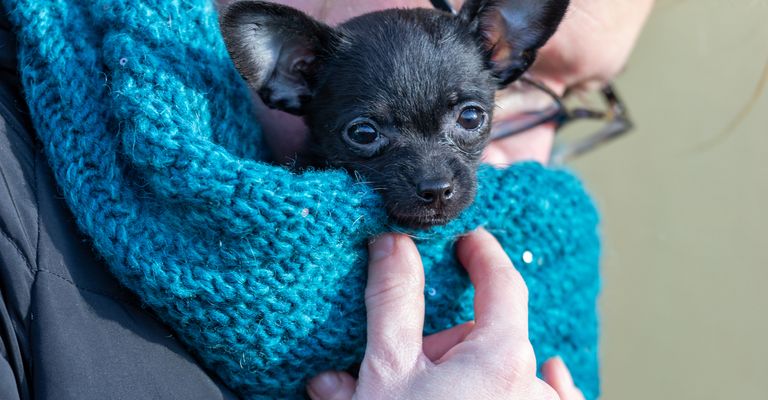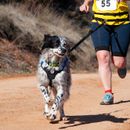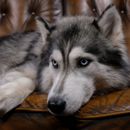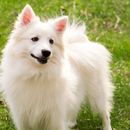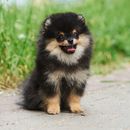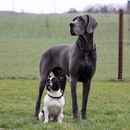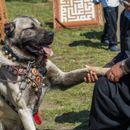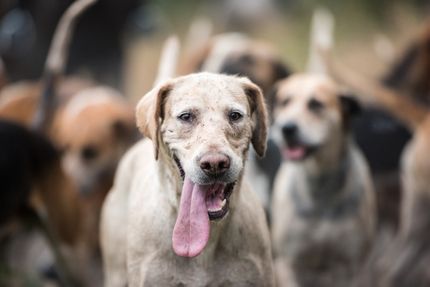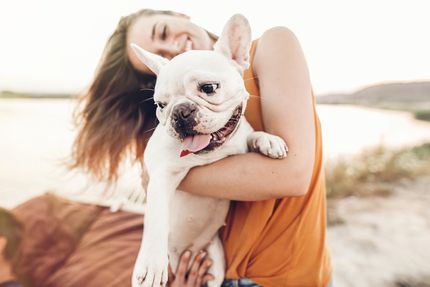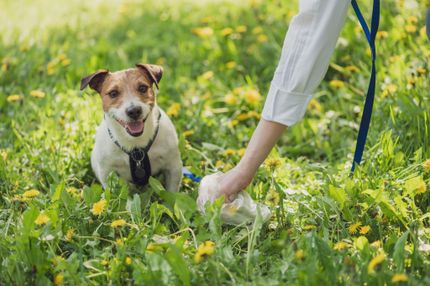Every dog owner knows that living with a four-legged friend is not just about joy and companionship, but also an obligation to take care of the individual needs of your animal companion. In this comprehensive article, we take you on an exciting journey through the world of eight extraordinary dog breeds: Labrador, Great Dane, Chihuahua, Greyhound, Border Collie, Magyar Vizsla, Hokkaido and Dachshund.
We delve into the individual traits that make each of these breeds so special. From the tireless energy of a Border Collie to the affectionate nature of a Chihuahua, each breed brings its own unique challenges. In this post, we'll highlight not only the charming characteristics of each breed, but also the specific demands and needs they place on you, their owners.
Training and education play a central role in every dog's life, but with these eight breeds it is especially important to understand and meet their physical and mental needs. We'll give you an in-depth look at training methods tailored to each breed and share valuable tips and tricks that will help you and your faithful companion build a strong, harmonious relationship.
These dog breeds need a lot of attention
Whether you're the proud owner of one of these dogs or simply interested in the diverse world of dog breeds, this post is sure to inform, inspire and entertain. So grab a cup of coffee, settle in and join us on this insightful journey into the world of dog breeds that demand and deserve a lot of attention.
The loving Labrador
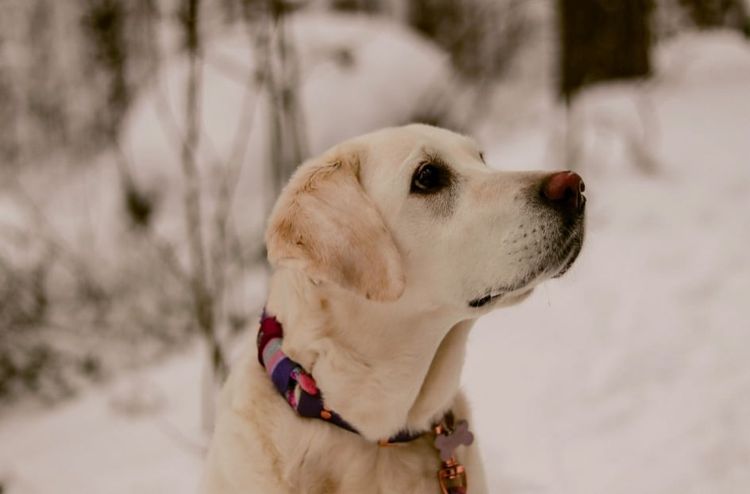
Labradors are known for their friendly and even-tempered nature. But beware, behind this gentle facade lies a bundle of energy that needs a lot of mental and physical stimulation. Training tips for Labradors include patience, consistency and a variety of activities to satisfy their curiosity.
The majestic Great Dane
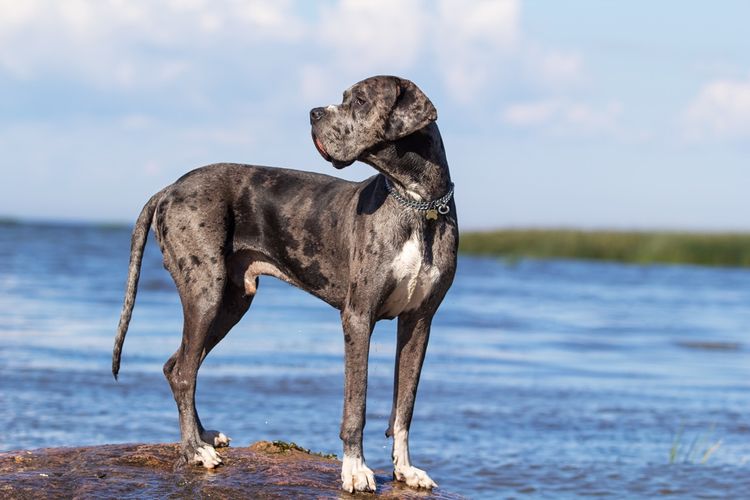
Great Danes may appear large and intimidating, but in reality they are gentle giants who crave human companionship. Your training plan should start early, as their size can be a hindrance later on. Positive reinforcement and gentle leadership are key here.
The charming Chihuahua

Chihuahuas are small dogs with big personalities. They are known to be affectionate and sometimes possessive. Their training should include social interactions to avoid overprotectiveness. Regular, playful training helps to channel their energy in a positive way.
The elegant greyhound
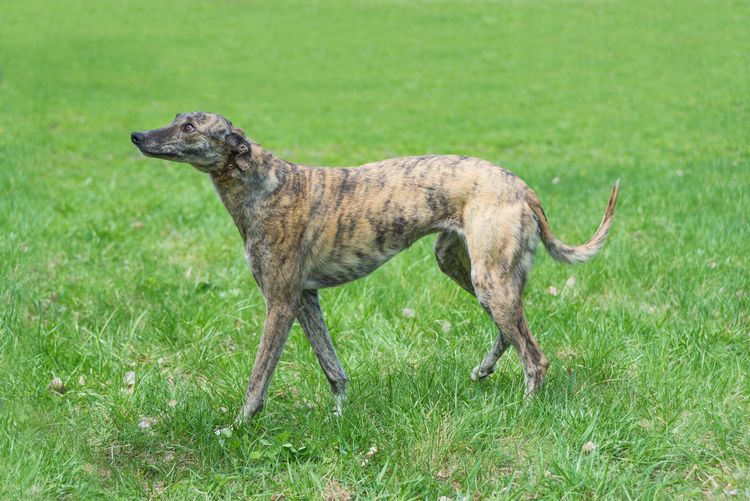
Greyhounds are not only known for their speed, but also for their calm, reserved nature. They need a combination of physical activity and quiet rest periods. When training, it is important to keep their attention in a calm, consistent environment.
The intelligent Border Collie
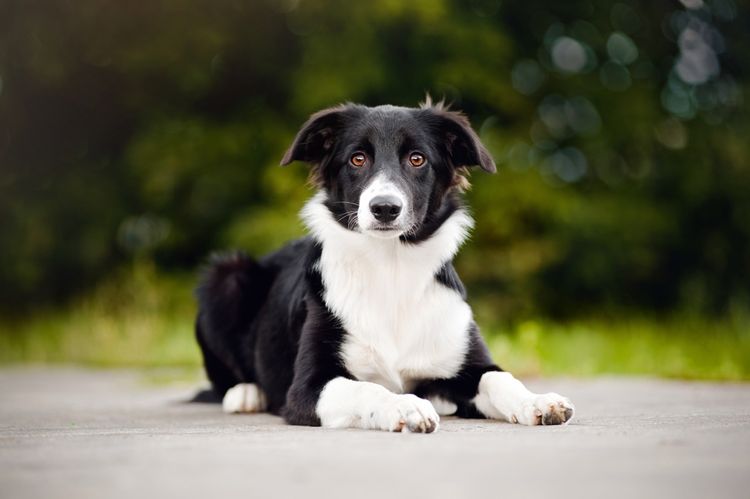
Border Collies are true marvels of intelligence and energy. They are not only known for shepherding, but are also fantastic companions for active families. Their training program should include mental challenges and physical activities. Agility training is a great way to channel their energy while building a strong bond with you.
The passionate Magyar Vizsla
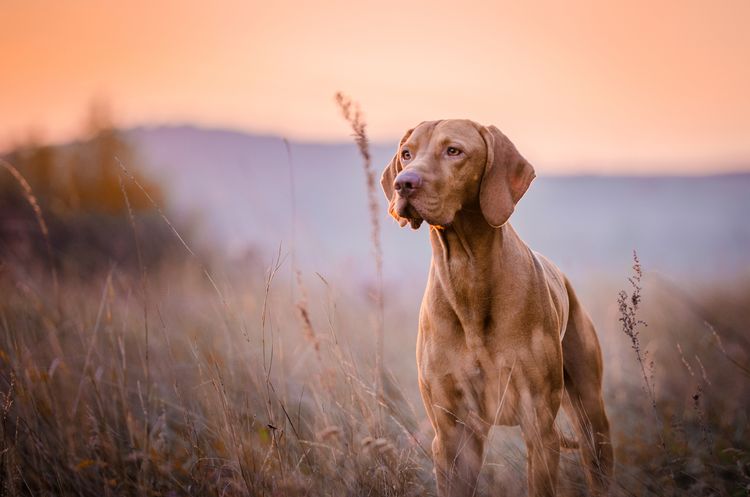
Magyar Vizslas, often referred to as "velcro dogs", are known for their deep bond with their owners. They need a lot of exercise and mental stimulation. Varied training that offers both physical and mental challenges is ideal for this breed. Vizslas respond well to positive reinforcement and need lots of interaction and affection.
The headstrong dachshund

Dachshunds, also known as bold and headstrong dogs, have a lot of personality in their little bodies. Their training should start early to avoid stubborn behavior. They respond well to playful training and need regular, but not too strenuous, exercise.
The faithful Hokkaido
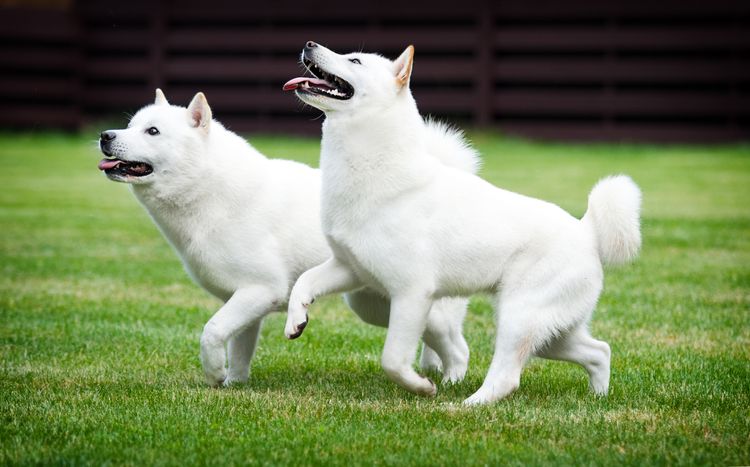
Hokkaidos, a rare Japanese breed, are known for their loyalty and courage. They are independent, but also very attached to their humans. Their training requires consistency and patience as they sometimes have a stubborn character. Early socialization and varied training methods are key to success.
Each of these breeds has their own unique needs and personalities, which means their training approach should be customized. Here are some general tips:
- Consistency: No matter the breed, consistency in training is the key to success.
- Positive reinforcement: Reward your dog for good behavior. This strengthens the trust and bond between you and your four-legged friend.
- Patience: Some breeds take longer to learn new commands. Patience and understanding are important.
- Socialization: Early socialization with other dogs and people is crucial to develop social skills.
- Mental stimulation: Intelligence games and puzzles can help to boost your dog's mental health.
